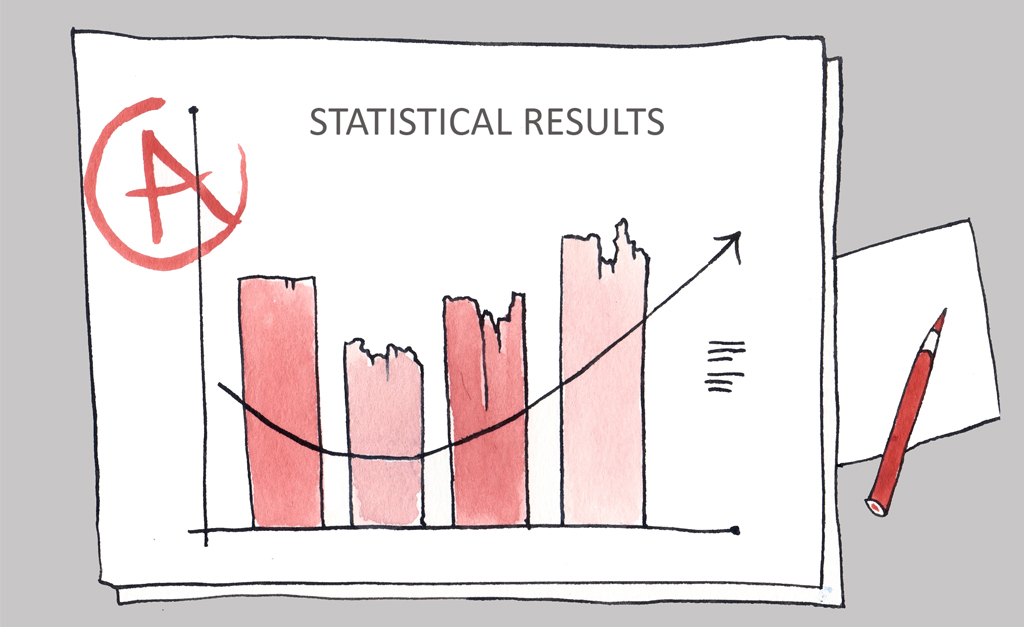How to respond to rising sovereign debt? What do food shortages look like now? How can we guard against data authoritarianism? This and more in this week’s collection of #NewThinkingintheNews
1 | Hunger amid plenty: how to reduce the impact of COVID-19 on the world’s most vulnerable people in Reuters, by Mari Pangestu
“It’s important to not only ensure people access basic food supplies, but also that they have money to purchase them. On average, food accounts for up to 60 percent of household expenditures in low income countries and 40 percent in emerging and development market economies. Economic recession and loss of livelihoods quickly erode the food security of millions of people – especially if food prices increase. The World Bank estimates that 40 to 60 million more people will be living in extreme poverty in coming months, depending on the scale of the economic shock.”
2 | New Laws for the Fissured Workplace in the American Prospect, by David Weil
“After this acute crisis passes, we must confront the reality that our existing workplace policies no longer account for the millions of workers with jobs (often multiple jobs) that do not fit the narrow definitions of employment embodied in federal and state laws. Today’s workforce—and those displaced from it—requires core protections linked to work, not just employment, in areas like assuring a safe and healthy workplace, receiving a minimum wage, and being protected against retaliation from exercising rights granted by our laws. This crisis also reveals the long-term need for wide access for all workers to safety-net protections like unemployment insurance and workers’ compensation as well as to comprehensive paid-leave policies that protect workers, their households, and the wider community.
3 | How to Develop a COVID-19 Vaccine for All in Project Syndicate by Mariana Mazzucato
“To succeed, the entire vaccine-innovation process, from R&D to access, must be governed by clear and transparent rules of engagement based on public-interest goals and metrics. That, in turn, will require a clear alignment between global and national public interests… But today’s proprietary science does not follow that model. Instead, it promotes secretive competition, prioritizes regulatory approval in wealthy countries over wide availability and global public-health impact, and erects barriers to technological diffusion. And, although voluntary IP pools like the one that Costa Rica has proposed to the World Health Organization can be helpful, they risk being ineffective as long as private, for-profit companies are allowed to retain control over critical technologies and data – even when these were generated with public investments.”
4 | Preventing Data Authoritarianism in Project Syndicate by Katharina Pistor
“While digital technologies once promised a new era of emancipatory politics and socio-economic inclusion, things have not turned out quite as planned. Governments and a few powerful tech firms, operating on the false pretense that data is a resource just like oil and gold, have instead built an unprecedented new regime of social control.”
5 | The Necessity of a Global Debt Standstill that Works in Project Syndicate, by Beatrice Weder di Mauro and Patrick Bolton
“Without private-sector participation, any official debt relief for middle-income countries may simply be used to service their private-sector debt. It would be pointless for the official sector to lighten poorer countries’ debt burdens if this results only in a transfer to commercial creditors… All private creditors need to participate on an equal basis in any standstill on debt service, both as a matter of fundamental fairness and to ensure adequate funding for emerging economies. And their participation cannot be purely voluntary. If it is, relief provided by participating private creditors will simply subsidize the non-participants.”
Every week, we share a few noteworthy articles that showcase the work of new economic thinkers around the world. Subscribe to receive these shortlists directly to your email inbox.

